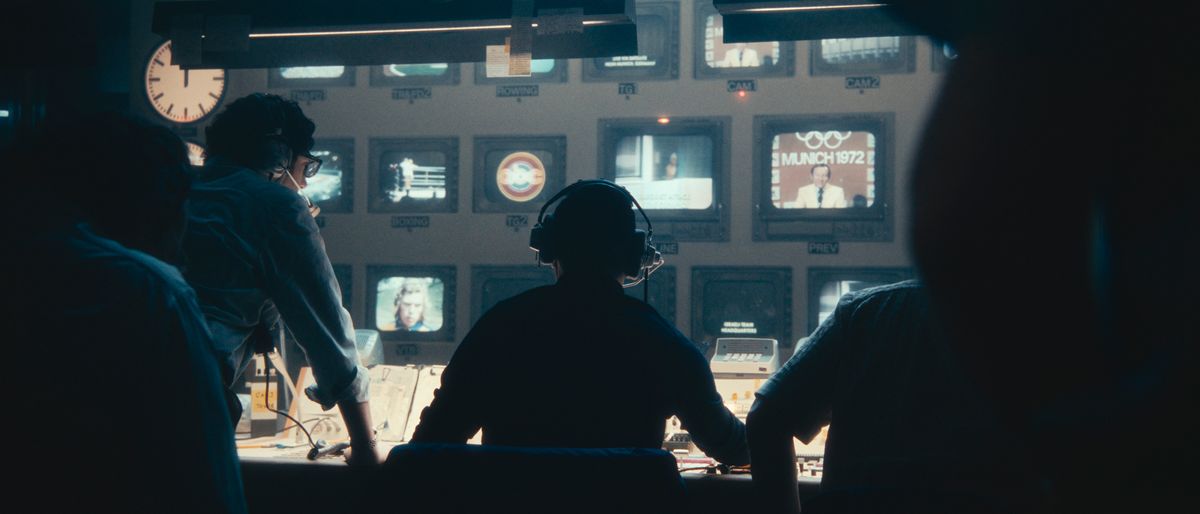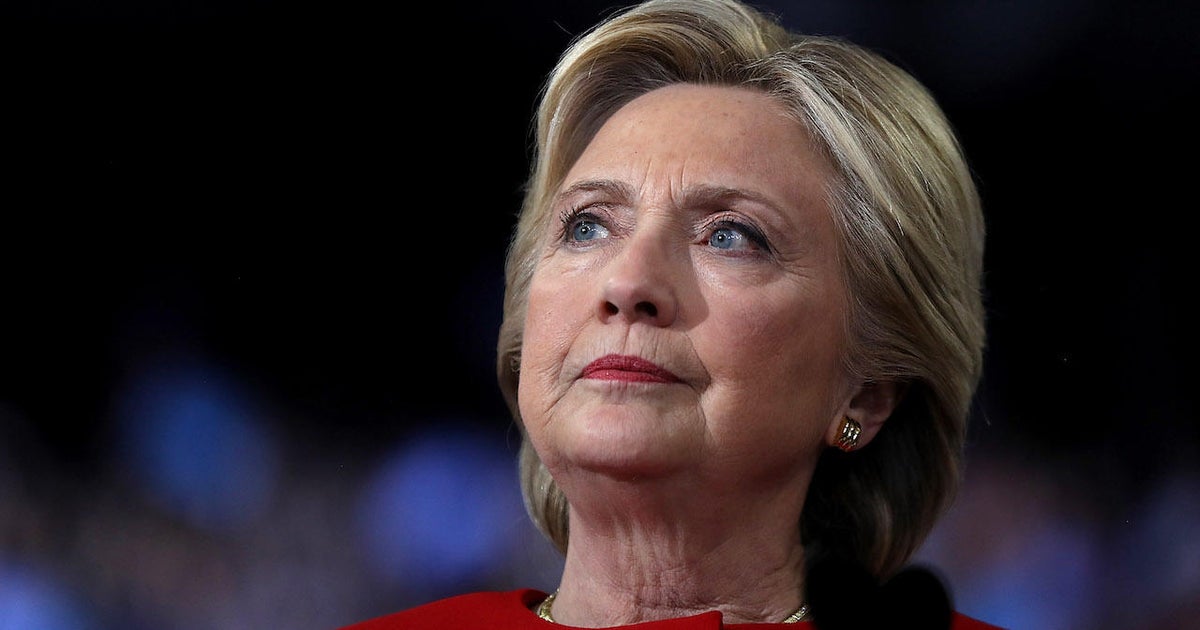Tim Fehlbaum’s September 5 is an emotionally throttling cinematic experience. At one moment, your pulse is pounding and you are thrilled watching a team of journalists rising to the task in covering a serious international incident amid a major event. At the next, your heart is in your throat as mistakes are made, shots are called incorrectly, and tragedy unfurls. It features powerful thrills alongside serious commentary about journalistic practice – and it manages to do so without expanding the story’s scope much beyond of a single location.
September 5
Release Date: December 13, 2024 (Limited), January 17, 2025 (Wide)
Directed By: Tim Fehlbaum
Written By: Moritz Binder, Tim Fehlbaum and Alex David
Starring: Peter Sarsgaard, John Magaro, Ben Chaplin, Benjamin Walker and Leonie Benesch
Rating: R for language
Runtime: 95 minutes
But that’s not all. Tremendous commitment to details in the film’s period setting not only embed you alongside the characters in a specific time (namely the early 1970s), but successfully contribute to the stakes. And along with a stellar cast full of demonstrative drive that gives the movie an extra charismatic kick, September 5 coalesces as one of the most all-around impressive works to arrive in theaters in 2024.
The only truly bad thing about the movie is its inappropriately boring title, which refers to the date in 1972 when a group of terrorists executed a hostage plot at the Summer Olympic Games in Munich, West Germany. The only American media team on the ground to cover the event via satellite is the crew from ABC Sports, but given their primary professional focus, they are inexperienced in covering a news event of such magnitude.
Calling the shots in the control room, Geoffrey Mason (John Magaro) thinks fast about how best to shift coverage from the Olympics to the crisis involving members of a Palestinian militant organization threatening the lives of Israeli Olympic team members. With coordinating help from head of operations Marvin Bader (Ben Chaplin), network communication handled by producer Roone Arledge (Peter Sarsgaard), radio translations provided by local Marianne Gebhardt (Leonie Benesch), on-the-scene reporting from Peter Jennings (Benjamin Walker), and more, Mason experiences unprecedented successes in the world of televised news, but he also discovers the extreme consequences that come with live updates from such a chaotic event.
It’s a thrill to watch September 5’s ensemble leap into action.
Mason and his colleagues are blindsided by the terrorist plot, but there is a special thrill that comes when a movie features protagonists facing a crisis and responding to it with competency rather than panic, and September 5 rides on that energy for much of its runtime. The members of the broadcast team go to work on the fateful day expecting to be doing normal coverage of various sporting events, and movie-goers are inspired watching them perform an extreme pivot so that they can keep their audience up to date with all of the latest developments.
The film elicits wry smiles as a member of the crew is disguised as an Olympian so that he can surreptitiously transport equipment past barricades and massive cameras are rolled outside to get angles on the action. The specific setting adds its own special flavor, as while broadcasting footage around the world in the 21st century is no issue, the movie sees characters negotiating for satellite usage; the work from Marianne Gebhardt listening in on local police broadcasts and giving the Americans an inside scoop on what’s happening has a similar effect. Each step of the way, the bits of ingenuity have you invested and rooting for the team to provide the best coverage possible.
With shocking developments in the third act, September 5 becomes something different and unforgettable in the third act.
As fun as it is to see the folks at ABC Sports rise to the occasion and find clever ways to report on a crisis, however, what’s not lost in September 5 are the life-and-death stakes in the crisis that is being reported on – and at its core, that’s what makes the film stand out as a great story about journalism. When the line between providing reporting and providing entertainment is blurred, things can get exceptionally scary (and it renders Tim Fehlbaum’s feature a powerful commentary on modernity despite it being set over a half-century ago). There is a distinct chill in scenes where characters understand that oversteps have been made, including the broadcast tipping the terrorists off about a police maneuver or the film’s final act where hearsay ends up ruling the day.
September 5 utilizes an intimate scale to powerful effect.
The world is literally watching as events unfold on September 5, 1972, but the storytelling opts to keep things exceptionally intimate, and it’s a tremendous choice by the filmmakers. While the film in many instances breaks the rule of telling instead of showing, the larger impact is that we are fully locked into the perspectives of the character, and every update that gets delivered offers an opportunity for empathetic response – be it excitement, relief, or horror.
Having not known about the true events that inspired the film going into my screen, I found myself completely shell-shocked walking out of the theater, but given the remarkable presentation of the story, the terrific performances and its commentary on journalism practice, I don’t imagine it will have any less emotional impact on anyone already aware of the way things play out (or anyone seeing the movie for a second time, for that matter). All around, September 5 is an exceptionally well-crafted thriller and one of the best movies of 2024.







